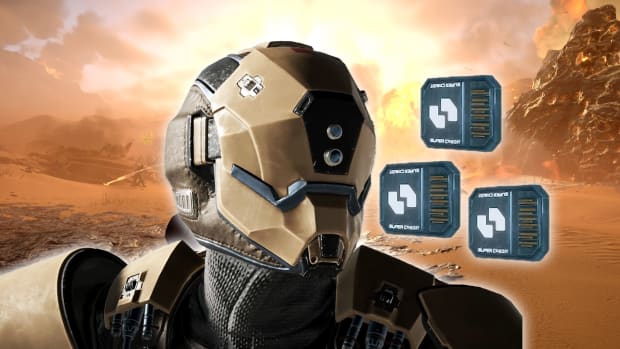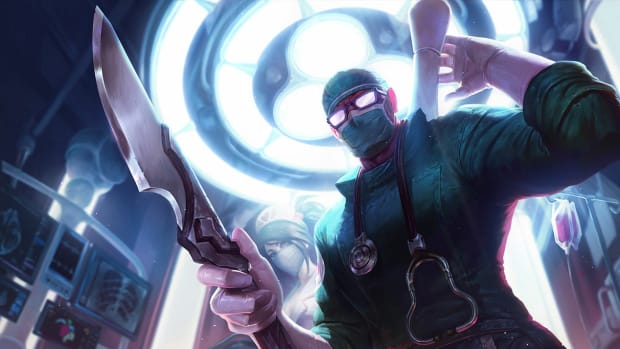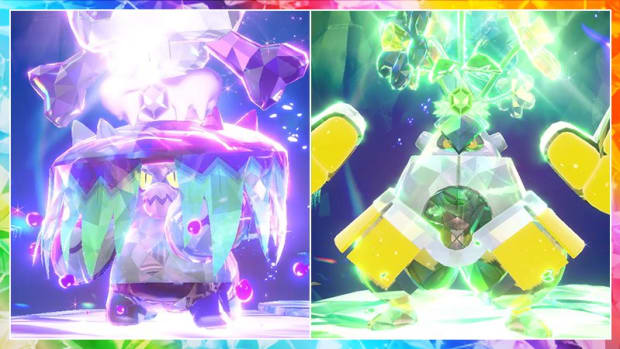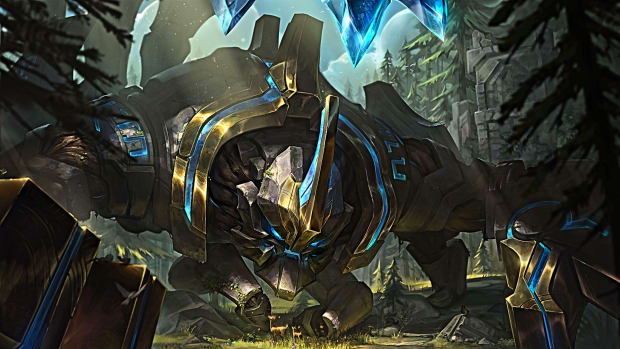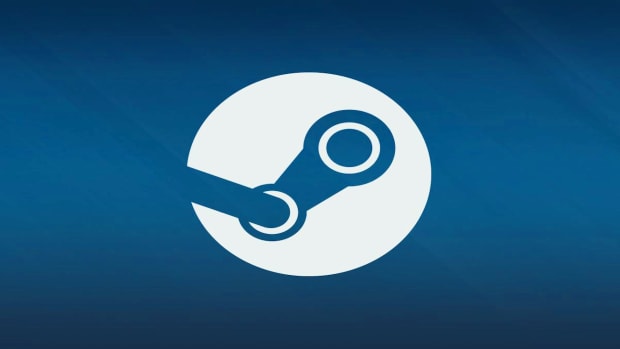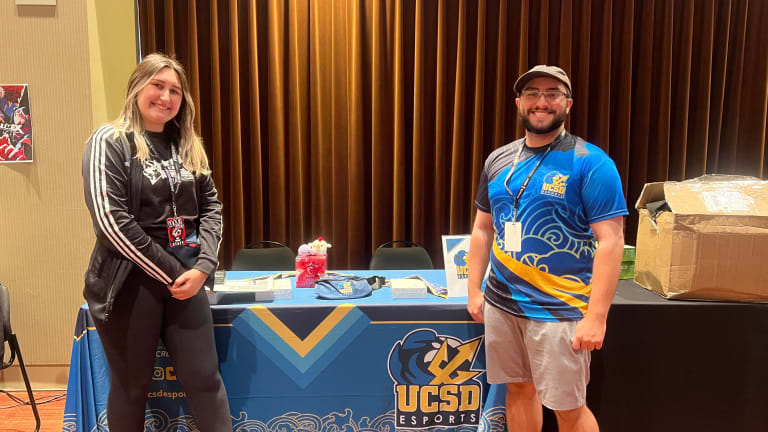
Future-Proofing Collegiate Esports — UCSD Triton Gaming Expo

Day by day it feels like “VC Esports” continues to die a slow and painfully public death.
The fallout is real at FaZe Clan, who knows what's on the horizon for the LCS and no matter how much we want it, esports events don't hit like they did pre-COVID.
Don’t be surprised if these factors, along with a handful of other contributing issues, are why you may have already heard a few people proclaiming collegiate Esports is the future of the industry.
Unfortunately, the general lack of cohesion across the entire college esports landscape could be the one thing standing in the way of their hoped-for utopian future.
At this time, there is no consensus on how to start an official collegiate esports team.
On one campus, an esports program may fall under recreation and sports, while at a different school, the gaming club may fall under a specific degree program or general student life.
Thankfully, there is what seems to be a solution working itself out at the University of California San Diego.

UCSD students lined up for Smash Brothers Tournament at Triton Gaming Expo
Photo by Jon-Devin Carrere
A plan that only worked because the administration listened to its students.
Focus on Student Needs
Instead of just converting the on-campus club Triton Gaming — which had been on campus since 2014 — into an esports team, the university worked with a specific set of students to form UCSD Esports.
“Everybody really appreciates that,” said UCSD Esports President Alex Lane in an interview with Esports Illustrated, “the school did not just take over the gaming hub on campus.”
Triton is allowed to operate as any other club on campus falling under the University Center department. And that club structure has led to some impressive growth. The club's Discord server has surpassed 5,000 members at time of writing.
According to the group’s president Sam Ivezich, Triton’s main focus is on event-driven activities.
“We try to bring people who game together on campus to a physical space to share the passion and love they have,” said Ivezich.
This was on full display at the 2023 Triton Gaming Expo over the Memorial Day weekend as thousands of gamers packed the Price Center for the student-run event. According to Ivezich, the event was estimated to be attended by roughly 2,000 esports fans and players.
A year’s worth of work for one single purpose.
“At the front of everything is what the students need,” expressed Ivezich, “we need to push Esports further as a community and whatever that looks like is all that matters.”
This is where Ivezich believes UCSD Esports plays a crucial role on campus, “we’re lucky enough to have UCSD Esports recognized as an official sports team.”
A designation that came at too high of a cost for members of Triton Gaming.
Working Within the System
According to Lane, UCSD Esports has to deal with more red tape, more oversight and more regulation than Triton, even down to the games titles they are allowed to play.
On the other hand, UCSD Esports membership has its benefits. Lane said that over the last two years since he’s joined the team he’s seen a sizable increase in investment from the university.
It started with the UCSD sports department negotiating a multi-year corporate partnership deal with companies like Turtle Beach and MSI.
This differs from the standard one-off investments Triton Gaming receives to throw events like the gaming expo.
Another perk is internship opportunities made available for UCSD Esports officers who have an interest in working in the larger gaming industry ecosystem.
Lane said he was able to work directly with the Bungie HR department for his internship, “if you’re interested in going into the gaming industry a big part of that is having experience in the industry.”
However, Lane said it's the chance to compete on behalf of the school that is the number one draw for those who join UCSD Esports, “we are so happy to have two separate programs.”
The Same But Different
This clear delineation of functionality between Triton Gaming and UCSD Esports didn’t happen overnight. According to both presidents, it wasn't an easy transition when some gamers from Triton opted to join UCSD Esports.
Triton Gaming Expo West hall featuring Smash Tournament and “Artist Alley” for student-sold art.
A short-lived moment of “high pressure” that has been laid to rest thanks to both orgs presidents having a clear vision of the most pressing matter facing collegiate Esports.
How do college administrations embrace both the casual events and hardcore competitive sides of gaming?
Ivezich says school leaders need to understand the two separate, emerging industries in the world of esports “You wouldn’t have all of the people interested in college football on a football team. You have football fans and people that support the football team. That’s where we found that balance.”
Here's the rub:
Both 4th-year seniors agree the successful structure and format built on the UCSD campus may fail at other universities.
Ivezich says there’s no one size fits all model for how colleges decide to run their Esports and that as of now, the fate of each individual esports club “depends on the Administration”
But, if a school wants to try and replicate what’s happening on UCSD’s campus, Lane says the best thing colleges and universities can do is bring their esports team under the umbrella of the sports department.
This would be a much-welcomed idea for competitive gamers and would lend itself pretty nicely to Lane’s prediction that a “new better model will come out of collegiate esports” for the industry as a whole.
See, I told you sooner or later someone was going to tell you collegiate esports is the future.

